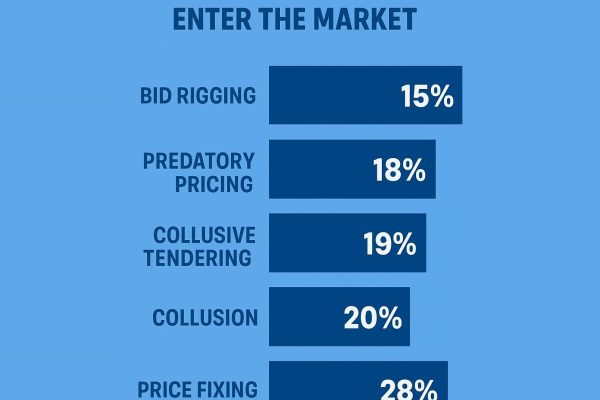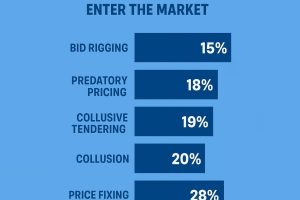
By: Dwight Links
The Mozilla Foundation, in partnership with local civil society partners, recently held an engagement on data governance for media and civil society in the African sphere regarding the state of data governance.
Held on Monday in Windhoek, the conference looked into the purposes of legislation and policy implementation that have been created across countries such as Ghana, Kenya, Nigeria and Zambia.
Presenters from each of these nations were in attendance, outlining the governance landscape on the continent. Kristophina Shilongo from the Mozilla Foundation explained that their presentations were in the dimension of championing human rights across the continent, and that this expands towards the digital developments currently taking shape.
“All these researchers have had to analyse the policies in their countries so as to shape these policies for the better; for the protection of human rights. And of course, we cannot talk about data or the very policies without mentioning the foundation of this being the African Union Data Policy Framework,” Shilongo explained.
She added that this document laid out its shared vision for the continent with the AU’s goals.
“It sets out the continental vision for a shared data environment related to economic development and a single digital market – so all the good stuff that brings us economic gains. It also aims to protect human rights and real-world rights,” Shilongo stated.
Shilongo added that according to the AU Data Policy Framework, it acknowledges that there are historical injustices inhibiting some communities.
AFRICAN VIEW
Madria Sibayahaya researched the Ghanaian spaces being used in the local markets with women. Sibayahaya’s perspective looked into how impacts would translate into real life for people in Ghana.
“It was based on our interactions and our movements with relation to these spaces. I use the term spatial possibilities in technology studies because there is a correlation between how we experience life and the places we exist in,” she noted.
Sibayahaya explained that these would encompass the use of navigation technology tools like Google Maps or other platforms for quick access to locations and sites around the individual.
“I was looking at how market women in Ghana are affected by and interact with data governance in that country. I was looking into what the state says and compared these to various policies like the localised ones and the continental ones,” she added.
According to Sibayahaya, the Ghanaian policy does not actually point towards a specific goal that would answer her research question in relation to her findings, stating that it seems vague in its objective around direct impact for the ordinary person.
Mary Gichuki from Kenya looked into data governance, as she is a tech policy expert in east Africa.
Gichuki indicated that she looked into data harmonisation with a specific focus on data harmonising policies and data sharing policies.
“This view was to understand the support for open finance, which is focused on the financial services in the Kenyan market. This is because the financial services in Kenya are more advanced than other African markets,” Gichuki stated.
She indicated that there is at least a 70% (38 countries) rate of African countries with data protection legislations in place. However, the opposite picture of access to information legislation shows that only 29 nations have this.
“Access to information and data protection should actually complement each other. And globally, 70% also have data protection laws,” Gichuki added.
The need for this analysis, according to Gichuki, is that the media landscape can have access to information to fact-check and ensure that information is verifiable in the broader discourse.
“This can also lead to compliance issues, as some government agencies can have a regulatory function that can close down media outlets for non-compliance regarding data protection and access to information. This results in surveillance and privacy risk, leading to public trust issues,” she outlined.
This conference was slated as a pre-conference for the Forum on Internet Freedom in Africa 2025 (FIFAfrica25) taking place from 24 to 26 September.










